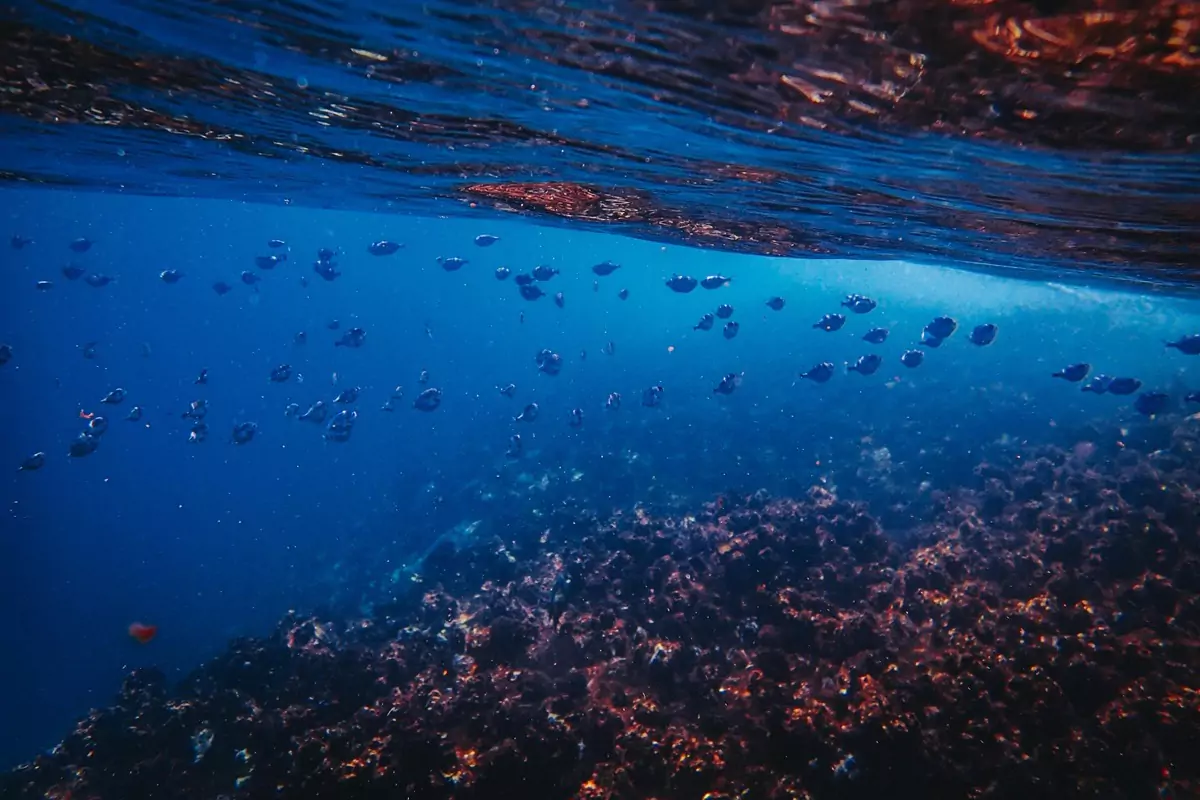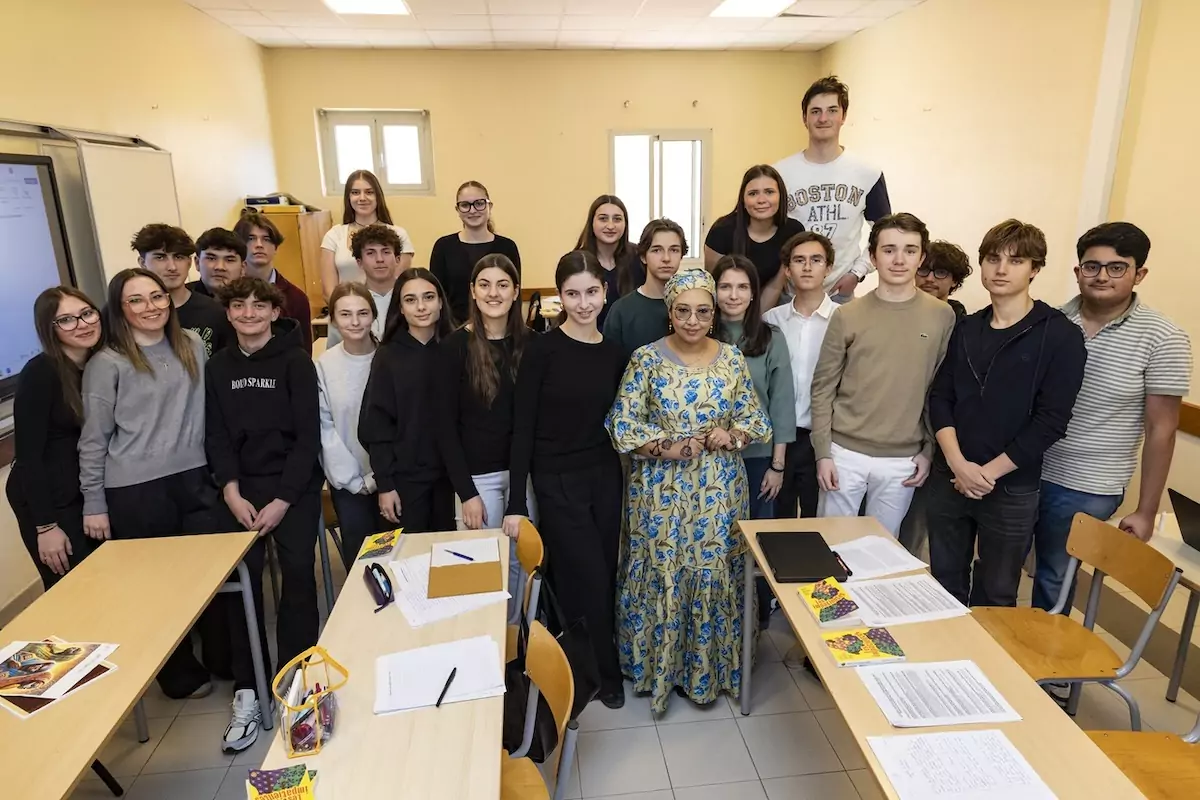In a groundbreaking study set to be published in the April 2025 issue of Science of the Total Environment, a team of researchers, including Christine Ferrier-Pâgès, Research Director of the Ecophysiology and Ecology Team at the Centre Scientifique de Monaco, has shed new light on how microplastic pollution and heat stress are impacting tropical corals. The study explores the intricate interplay between plastic pollution and coral physiology, as well as the long-term effects of climate change on the species’ survival.
Coral reefs, often referred to as the “rainforests of the sea”, face mounting challenges from climate change and pollution. Among these threats, microplastics and heat stress have emerged as some of the most significant disruptors of reefs—vital ecosystems that support biodiversity, provide coastal protection and sustain human livelihoods—by interfering with coral photosynthesis and growth.
Tiny plastic particles can lead to coral bleaching and tissue necrosis, jeopardising the delicate balance of reef ecosystems. Bleaching occurs when corals lose their symbiotic algae, a necessary energy source, forcing them to rely on plankton consumption for survival. However, until now, the extent to which plankton availability mitigates the effects of plastic pollution has remained unclear, leaving only part of the picture in focus.
See more: Jean-Jacques Risso takes the helm at the Centre Scientifique de Monaco
To bridge this knowledge gap, a research team led by Christine Ferrier-Pâgès, Research Director of the Ecophysiology and Ecology Team at the Centre Scientifique de Monaco, along with collaborators María Antonieta López, Vanessa Tirpitz, Marie-Sa Do, Martin Czermak, Jessica Reichert and Maren Ziegler, conducted a six-week aquarium experiment followed by a short-term heat stress test on two coral species, Pocillopora verrucosa and Stylophora pistillata.
The study evaluated three distinct conditions. The first was a control group, in which corals received bi-weekly feeding without microplastic exposure. The second group was exposed to microplastics while also receiving bi-weekly feeding. Finally, the third group was exposed to microplastics but received daily feeding.
By measuring coral growth, photosynthesis and tissue composition, the study sought to determine how feeding influenced resilience to microplastic pollution.
Key findings
The research revealed surprising outcomes. While coral growth remained largely unaffected across all treatments, P. verrucosa exhibited a decline in energy reserves due to microplastic exposure. However, increased plankton feeding helped mitigate this loss, stabilising photosynthesis and respiration rates. Despite these benefits, when subjected to heat stress, all corals experienced severe bleaching. Interestingly, the microplastic-exposed corals showed slightly less bleaching, suggesting an unexpected interaction between plastic pollution and thermal stress.
As ocean temperatures rise and microplastics continue to accumulate, understanding their combined effects on coral resilience is crucial. This study highlights the need for further research to uncover the mechanisms driving these interactions. With coral reefs already facing unprecedented challenges, the findings underscore the urgency of addressing plastic pollution and climate change in tandem.
This research represents a critical step towards unravelling the complexities of coral survival in an era of environmental crisis. Scientific insights will continue to be invaluable in shaping conservation strategies and safeguarding the future of coral reefs worldwide.
Monaco Life is produced by real multi-media journalists writing original content. See more in our free newsletter, follow our Podcasts on Spotify, and check us out on Threads, Facebook, Instagram, LinkedIn and Tik Tok.
Photo source: Francesco Ungaro, Pexels


